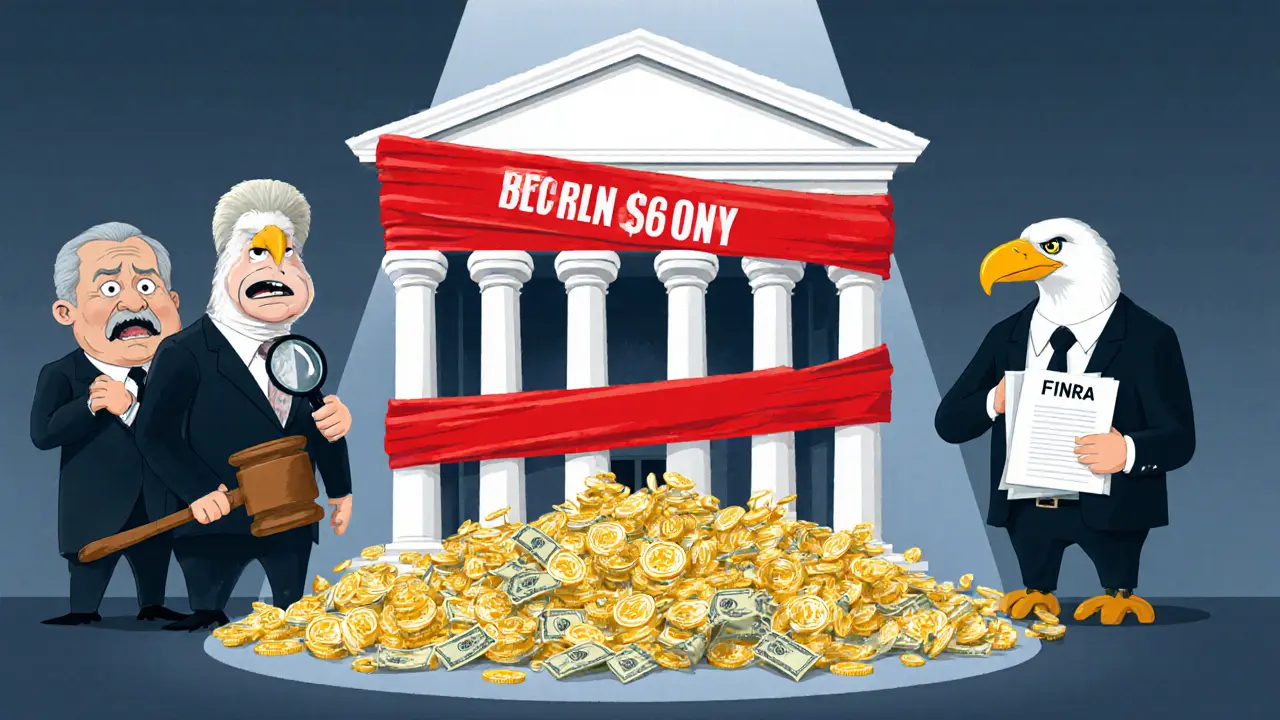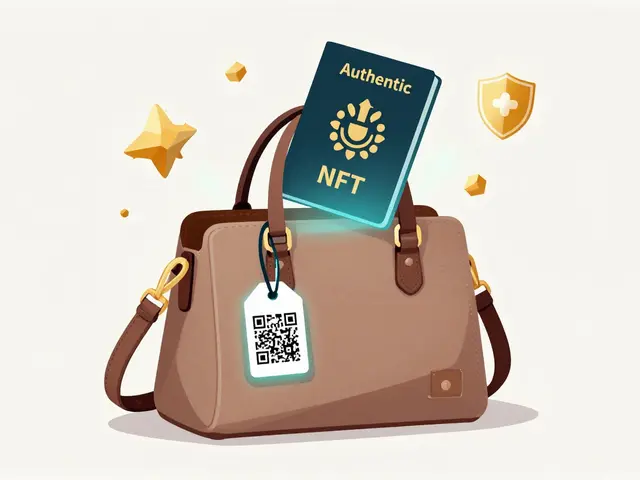FINRA Crypto Regulations – What Brokers and Investors Must Know
When working with FINRA crypto regulations, the set of rules the Financial Industry Regulatory Authority applies to crypto‑related activities of broker‑dealers. Also known as FINRA crypto rules, it shapes how firms handle token sales, custody, and client disclosures. In practice, FINRA crypto regulations require broker‑dealers to register any crypto‑related service, maintain robust AML/KYC programs, and file periodic reports on crypto transactions.
These rules don’t exist in a vacuum. The SEC, the U.S. Securities and Exchange Commission, issues guidance that directly influences FINRA’s stance on whether a token is a security. When the SEC classifies a token as a security, FINRA forces broker‑dealers to treat it like any other regulated security, meaning mandatory licensing and disclosure. Meanwhile, the CFTC, the Commodity Futures Trading Commission, oversees crypto‑futures and derivatives. FINRA must align its broker‑dealer compliance with CFTC’s commodity rules, especially for futures contracts that fall under both agencies’ purview. This dual oversight creates a chain where SEC guidance influences FINRA requirements, and CFTC oversight shapes how derivatives are reported under FINRA’s framework.
How Exchanges, AML, and KYC Fit Into the Picture
Crypto exchanges are a major touchpoint for FINRA compliance. A crypto exchange, a platform where users trade digital assets, must adopt FINRA‑compatible AML/KYC procedures if it partners with a broker‑dealer. Without proper customer identification, both the exchange and the broker‑dealer risk fines and enforcement actions. AML (Anti‑Money Laundering) and KYC (Know‑Your‑Customer) rules are the connective tissue linking FINRA, the SEC, and the CFTC: they ensure that illicit funds don’t slip through the crypto ecosystem. In short, FINRA crypto regulations encompass AML/KYC mandates, require crypto exchanges to verify users, and force broker‑dealers to report suspicious activity to the Financial Crimes Enforcement Network (FinCEN).
Putting it all together, FINRA crypto regulations intersect with SEC guidance, CFTC oversight, exchange compliance, and AML/KYC standards. This web of rules means that any broker‑dealer venturing into crypto must map out how each agency’s requirements affect their operations, from token classification to reporting and from customer onboarding to ongoing monitoring. Below you’ll find a curated collection of articles that break down each piece of the puzzle—real‑world examples, step‑by‑step compliance checklists, and analysis of recent enforcement actions—so you can navigate the regulatory maze with confidence.
2025 Crypto Exchange Enforcement Actions and Fines Explained
Explore the 2025 wave of crypto exchange enforcement actions, including DOJ, SEC, and FINRA fines. Learn why regulators are cracking down, the biggest penalties, common compliance gaps, and how to protect your platform.





